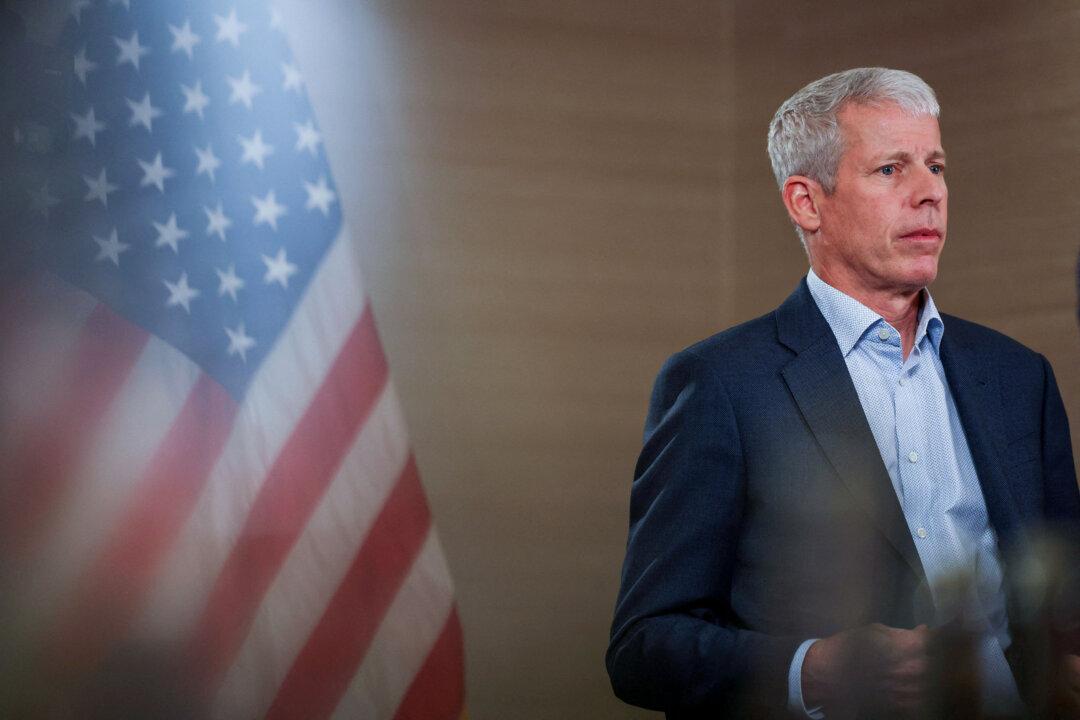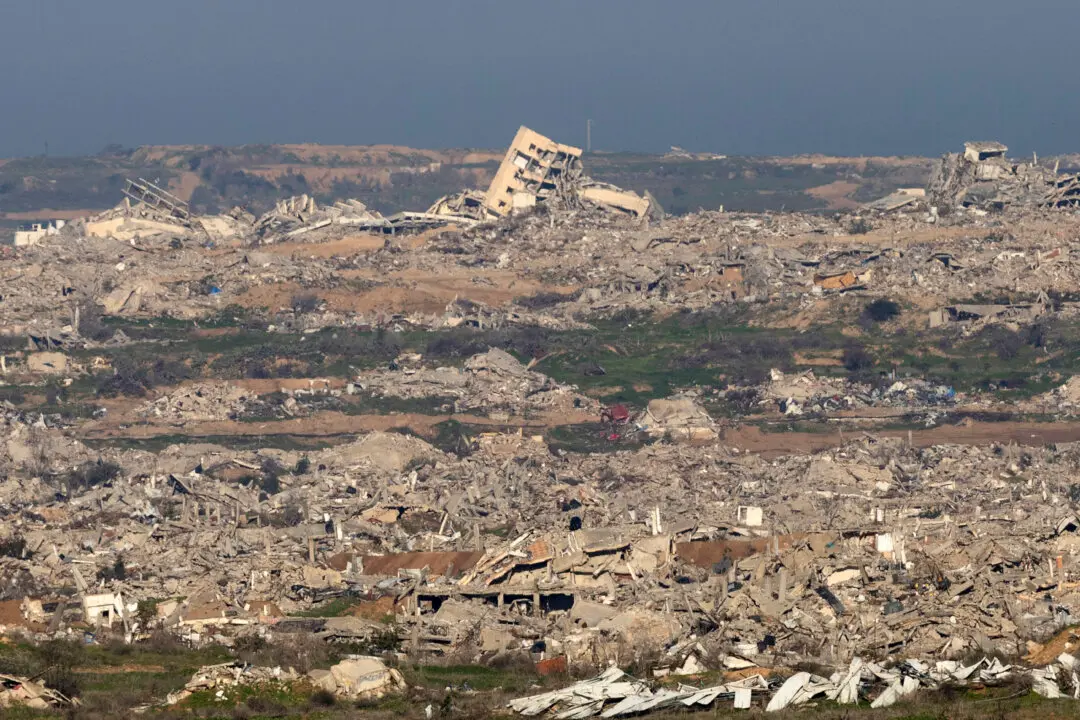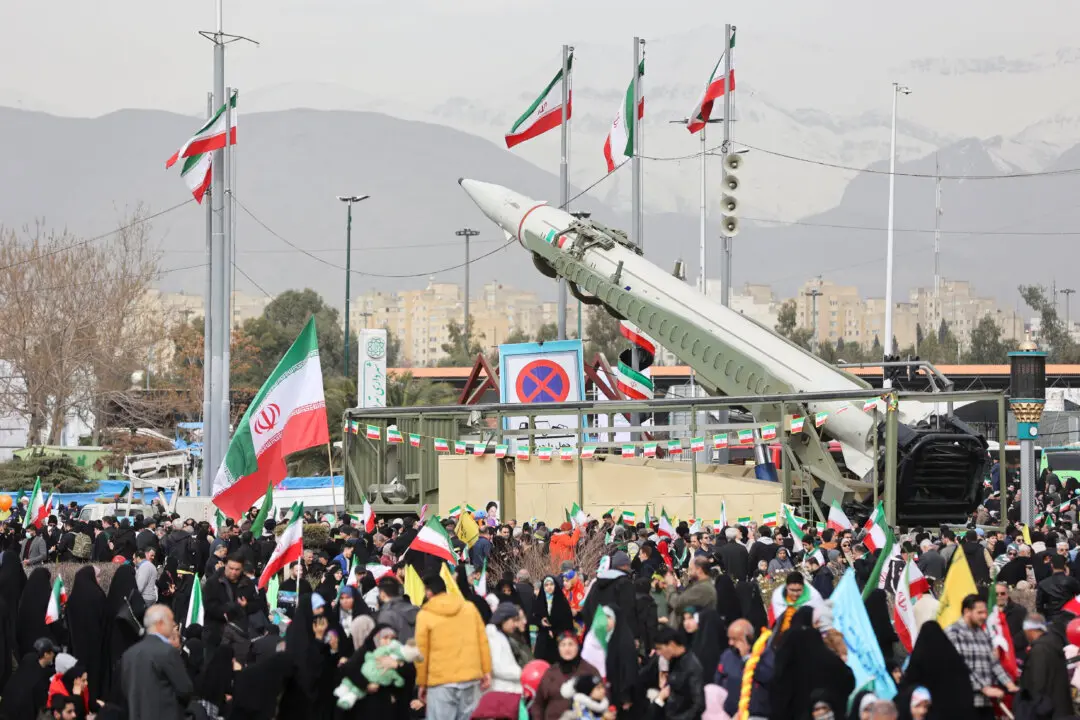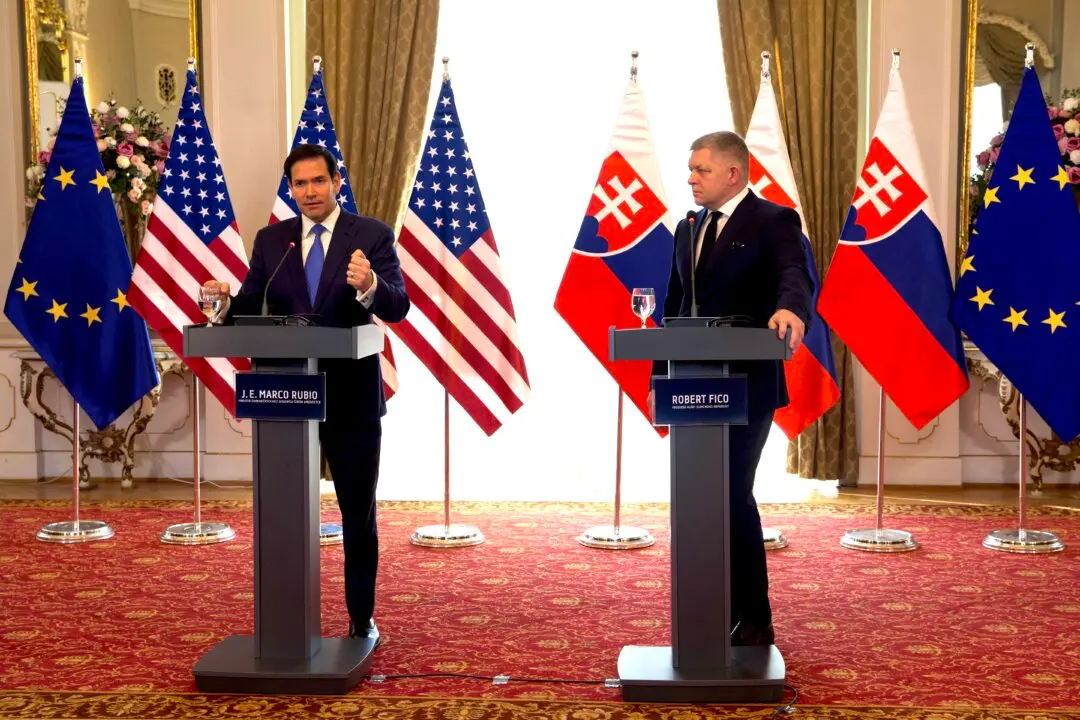Saudi Arabia and the United States will sign a preliminary agreement of cooperation as the kingdom intends to create a civil nuclear industry, Energy Secretary Chris Wright told reporters on April 13 in the Saudi capital of Riyadh.
Meeting with Saudi Energy Minister Prince Abdulaziz bin Salman earlier on April 13, Wright said the two nations are on “a pathway” to brokering an agreement to work together in developing a Saudi civil nuclear program.





